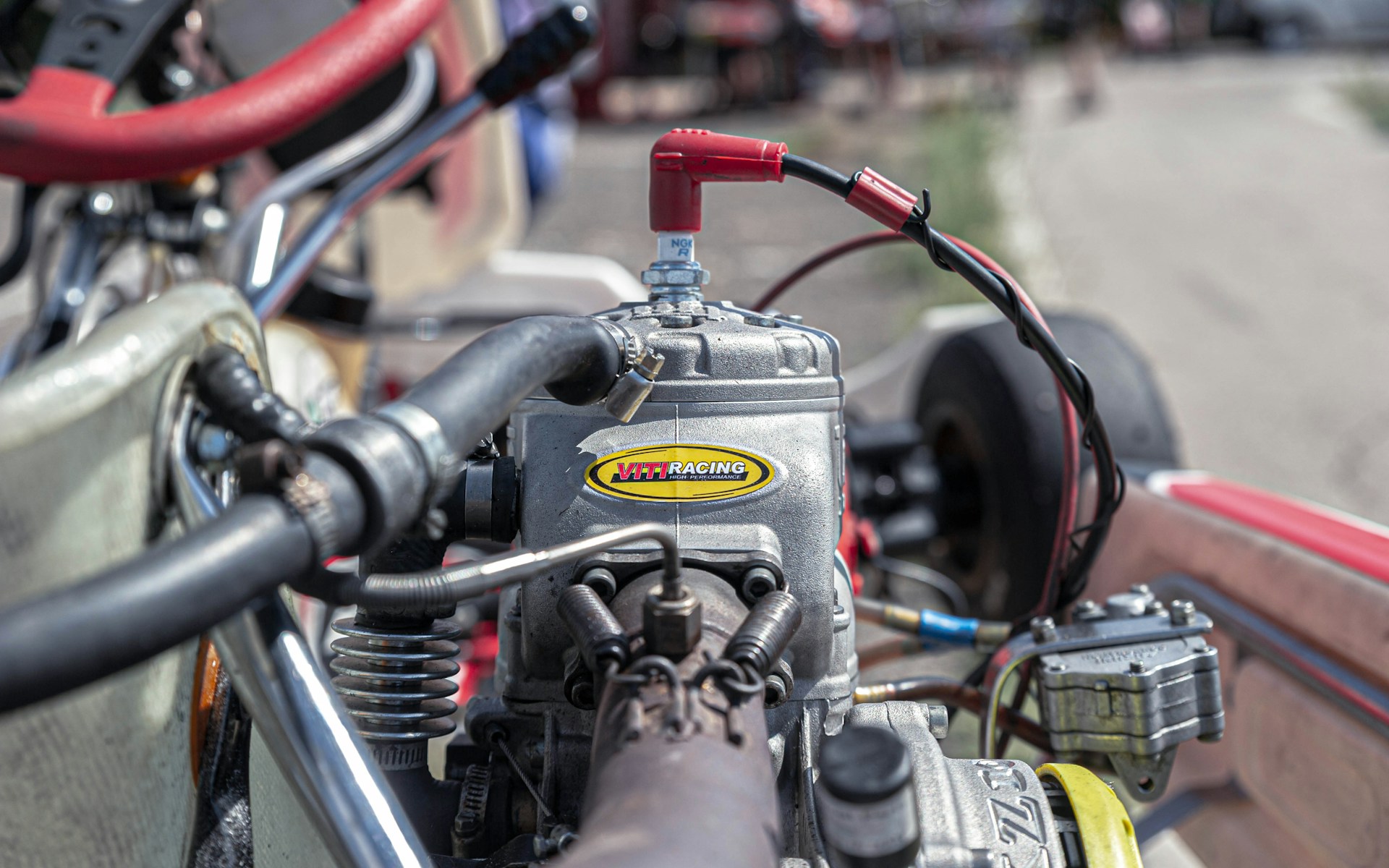If your current engine feels sluggish or doesn’t deliver the performance it once did, it might be time to consider an upgrade. Small engines, which power everything from lawnmowers to motorcycles, are essential components in day-to-day operations, yet many overlook their inefficiencies over time.
Upgrading to a more efficient small engine isn’t just about performance improvement; it also offers cost savings, enhances environmental sustainability, and extends the life of your equipment.
This blog will explore how upgrading your small engine can make a significant difference in terms of fuel efficiency, power capabilities, and overall functionality. By the end of this website, you’ll discover why this decision is a valuable investment for both you and the machines you rely on.
Signs Your Current Engine Is Failing You
Before jumping into the benefits of an upgrade, it’s important to identify whether your existing engine is no longer meeting your needs. Regular wear and tear on small engines can lead to reduced functionality over time, and these issues may manifest in several ways:
Decreasing Efficiency
Does your machine consume more fuel than it used to for the same output? This is a clear indication of inefficiency. Older engines tend to burn fuel less effectively due to outdated technology or damaged internal components.
Frequent Repairs
If you find yourself frequently visiting a mechanic or buying replacement parts, your engine might be draining more money and time than it’s worth.
Lackluster Performance
Engines lose power as they age. If tasks take longer, or your equipment doesn’t run as smoothly as it once did, it could be time for a performance boost. Recognizing these issues is the first step toward understanding why an upgrade to a more efficient engine is critical.
Enhanced Fuel Efficiency Saves Costs
One of the most immediate benefits of upgrading to a more efficient small engine is the improvement in fuel efficiency. With fuel costs on the rise, efficient engines have become a priority for many small equipment owners.
Modern engines are designed with advancements like enhanced fuel injection systems and optimized combustion processes. These innovations ensure that your small engine can generate the same or greater power while using considerably less fuel. The result? You save money over time by reducing the frequency and total cost of refueling.
Additionally, higher fuel efficiency reduces your carbon footprint by consuming less non-renewable energy resources. This makes it a financially and environmentally smart choice.
Improved Performance for Tougher Tasks
Whether you’re powering a lawnmower or operating machinery, the performance of your equipment directly impacts how quickly and effectively a task gets completed. Upgrading your small engine benefits more than just speed. It ensures reliability under demanding conditions.
Quieter Operation
Many modern engines are designed with noise-reduction technologies. They hum rather than roar, creating a better experience for both the user and their surroundings.
Greater Power Output
Contemporary engines introduce enhanced torque, making them better suited for high-performance applications or heavier workloads. This means that an upgraded engine allows your equipment to manage difficult tasks with far greater ease.
Versatility
An upgraded engine often offers compatibility with a wider range of applications, giving your existing machinery a new lease on life.
Lower Maintenance Costs Keep Your Budget in Check
Frequent maintenance and costly repairs are common issues with old or degraded engines. As parts wear out, they often create a domino effect, leading to additional problems. By upgrading to a newer engine model, you drastically reduce the need for ongoing maintenance.
Advanced Design Reduces Wear
Modern engines are constructed using durable materials designed to withstand stress and work efficiently for longer periods, reducing the need for frequent replacements of worn-out components.
Automated Monitoring Systems
Many efficient small engines come equipped with advanced monitoring or self-diagnostic systems. These systems alert you to any potential issues before they escalate, simplifying maintenance processes. Reduced maintenance frequency also translates to fewer disruptions to your workflow, helping you stay productive.
Environmental Benefits of Efficient Engines
Another compelling reason to upgrade your small engine lies in its positive impact on the environment. Older engines tend to emit higher levels of harmful pollutants due to suboptimal combustion and minimal emissions regulation.
Lower Carbon Dioxide (CO2) Output
Improved combustion technology in upgraded engines ensures cleaner fuel burning, which significantly reduces CO2 emissions.
Compliance With Regulations
Today’s engines often meet or exceed emissions standards set by regulatory bodies, such as the Environmental Protection Agency (EPA). Meeting these standards is not only environmentally responsible, but it also reduces the risk of penalties for non-compliance.
Efficiency-focused engines are paving the way for a greener, cleaner future, all while helping you save money and improve internal processes.
Extended Equipment Lifespan Through Better Engines
When you upgrade to a high-quality small engine, you’re also extending the lifespan of the equipment it powers. An efficient engine puts less strain on parts like gearboxes and drive systems, reducing wear across the entire machine. When your equipment lasts longer, you get more return on investment and less need to repurchase or repair in the long run.
Upgraded engines also run at more consistent temperatures, which mitigates heat-related wear and extends both reliability and performance levels for years to come.
Maximizing Your Investment With Exclusive Features
What sets an upgraded small engine apart isn’t just its efficiency or power. Many engines today come with exclusive features designed to provide convenience and control.
Customizable Settings
Engine technology now often includes options to customize performance settings based on specific workloads or operating conditions.
Easy Start Mechanisms
Gone are the days of endless pull-start frustration. New engines often feature push-button or auto-start functionality, minimizing effort and maximizing convenience.
Connectivity and Smart Capabilities
Some engines provide connectivity options, allowing you to monitor performance remotely. This new level of control saves time while ensuring maximum productivity.
Achieve Peak Performance With an Engine Built for Excellence
Upgrading to a more efficient small engine isn’t simply about keeping up with trends. It’s a vital choice for long-term savings, enhanced performance, and sustainable practices. By making this investment, you’re empowering your equipment to deliver unparalleled reliability and results.
Whether you’re looking to reduce fuel costs, enhance power, or extend the life of your machinery, a small engine upgrade provides a clear path forward. Evaluate your current engine’s performance today and take the first step toward increased efficiency and return on investment.





